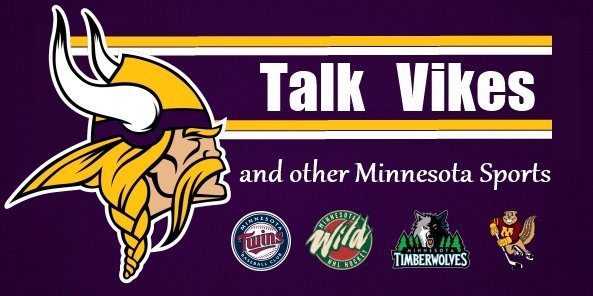jbusse
Posts: 1309
Joined: 9/11/2013
From: Atlanta, GA
Status: offline

|
quote:
ORIGINAL: thebigo
quote:
ORIGINAL: jbusse
quote:
ORIGINAL: ratoppenheimer
quote:
ORIGINAL: Bill Johanesen
quote:
ORIGINAL: bohumm
quote:
ORIGINAL: ratoppenheimer
quote:
ORIGINAL: jbusse
quote:
ORIGINAL: Bill Johanesen
https://www.dailyherald.com/news/20210708/the-billionaire-playbook-how-sports-owners-use-their-teams-to-avoid-millions-in-taxes
...
For the prior year, Ballmer reported making $656 million. The dollar figure he paid in taxes was large, $78 million; but as a percentage of what he made, it was tiny. Records reviewed by ProPublica show his federal income tax rate was just 12%.
That's a third of the rate James paid, even though Ballmer made five times as much as the superstar player. Ballmer's rate was also lower than Avila's -- even though Ballmer's income was almost 15,000 times greater than the concession worker's.
Ballmer pays such a low rate, in part, because of a provision of the U.S. tax code. When someone buys a business, they're often able to deduct almost the entire sale price against their income during the ensuing years. That allows them to pay less in taxes. The underlying logic is that the purchase price was composed of assets -- buildings, equipment, patents and more -- that degrade over time and should be counted as expenses.
...
One of the many reasons why the rich get richer.
depreciation; and it exists in almost every western country on the planet....
What asset of his depreciated?
Good question.
Wilf and five partners purchased the Minnesota Vikings of the National Football League from Red McCombs in 2005 for a reported US$600 million.[11] Legal advisement for the deal was provided by international law firm Greenberg Traurig and now-Vikings Chief Operating Officer Kevin Warren.[12][13] Forbes estimates the 2020 value of the franchise at US$2.95 billion, the 17th of the 32 NFL teams or the 33rd of the 50 most valuable sports teams.[14]
......
And the article said it was Leonard who took $66 million in depreciation. I always thought Zigi and Mark were the two primary owners based on share of ownership.
What did Leonard control whereby his share of the depreciation was $66 million for a business that has increased 5-fold in value since he owned it?
depreciation has nothing to do with the present value of an asset...it's possible that with sports team owners in ultra long-term leases that they're able to depreciate the stadium much like an owner could...or that the team owners negotiate their use of the depreciation tax benefit as part of the lease deal....
To me, what makes the original example odd is that it relates the following line to a sports franchise: "When someone buys a business, they're often able to deduct almost the entire sale price against their income during the ensuing years." The value of most major sports franchises doesn't depreciate over time, yet the owner is able to deduct the entire sale price over time? Unlike farm equipment, the value of a sports team has a huge intangible component. The intangible component should be treated more like an investment -- if the sports team eventually is worthless (e.g., the league goes bankrupt), then the owner could write if off at that point.
There are many other business types that fit in that "intangible asset" category. All businesses have some level of tangible (deprecable) assets, kind of a broad spectrum maybe manufacturing, farming industries on one end, service, entertainment industries on the other end, generally. Where do you draw the line as to which business purchases should be deductible?
Where's CPAMAN when you need him?
|

 Printable Version
Printable Version















 New Messages
New Messages No New Messages
No New Messages Hot Topic w/ New Messages
Hot Topic w/ New Messages Hot Topic w/o New Messages
Hot Topic w/o New Messages Locked w/ New Messages
Locked w/ New Messages Locked w/o New Messages
Locked w/o New Messages Post New Thread
Post New Thread